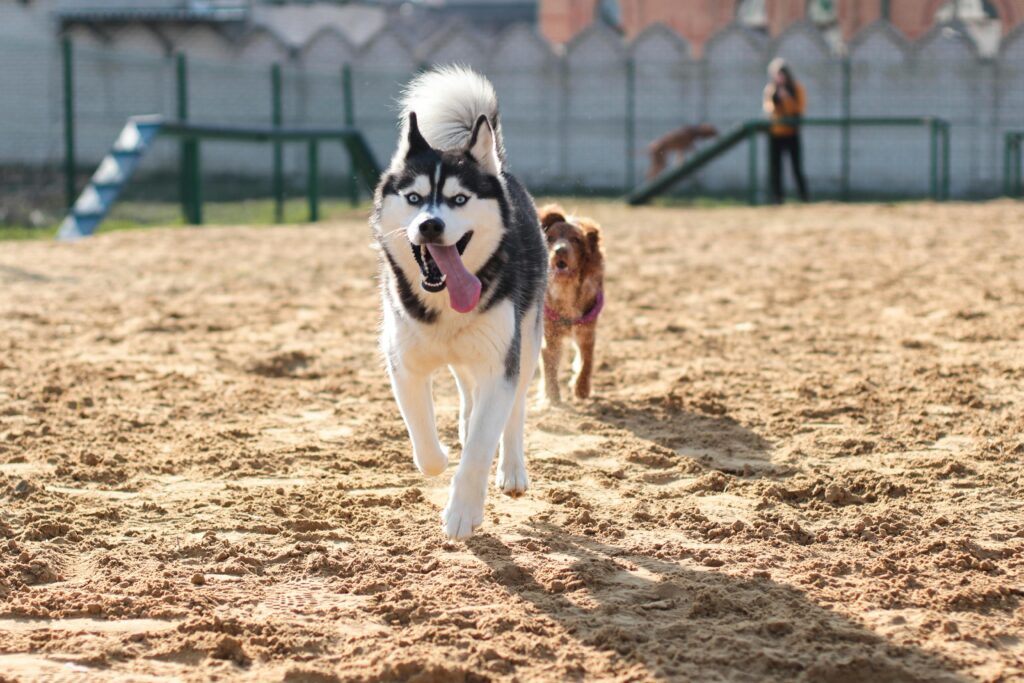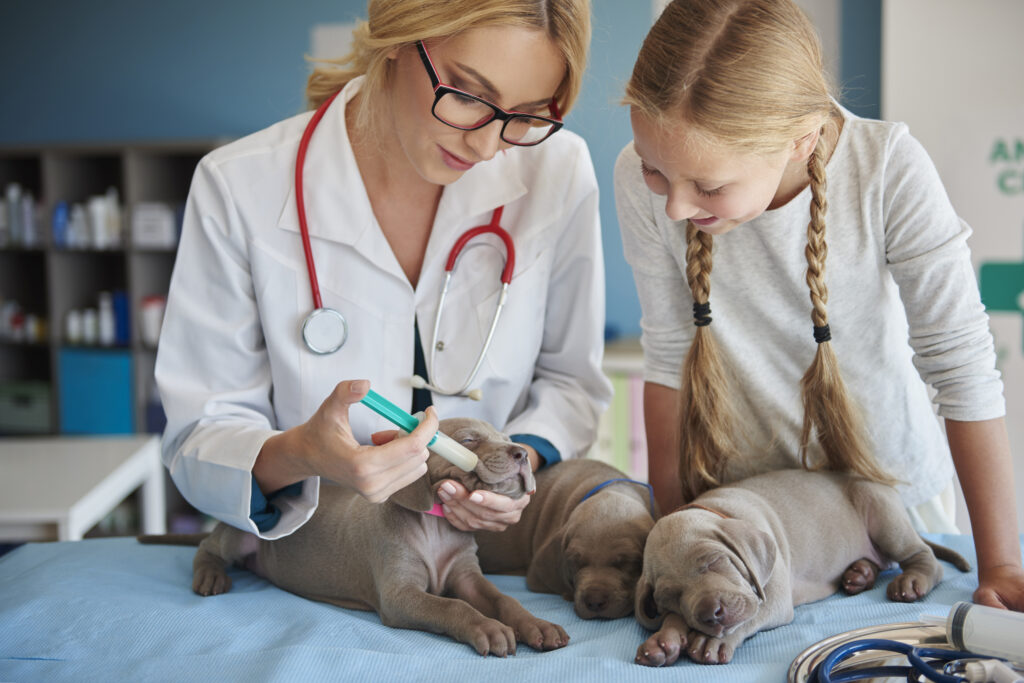Giving an indoor pet love and a safe place to live is only part of caring for them. Food is one of the most important things for their health. What they eat affects not only their health, but also their energy, mood, and even how long they live. Animals that live inside the shades or indoors are usually kept in controlled settings and they get less exercise, and follow different schedules than animals that live outside. So, their meals need to be carefully watched so they do not get problems like weight gain or not getting enough nutrients. It can be hard to decide what is best when there are so many food choices. Knowing the basics of pet diet and how to make it fit your animal needs makes the process easier and ensures they do well in your care.

Focus on What Your Pet Needs to Eat and Drink
Needs for Each Species
Each type of pet has its own unique dietary requirements. For instance, cats are obligate carnivores, necessitating a diet rich in animal protein. On the other hand, dogs being the omnivores, can consume a broader range of foods, including meat, grains, and vegetables. It’s crucial to remember that birds, rabbits, hamsters, and other pets have their own distinct dietary needs. Providing the wrong type of food over time can have bad effects on your its health.
Thoughts on an Indoor Lifestyle
Dogs that stay inside tend to get less exercise than outside dogs. So, even though they need fewer calories, they still need a healthy diet of nutrients. Giving treats with many calories or too many can make them gain weight. Pet food kept inside is generally lighter, but it still has all the vitamins and minerals your pet needs to stay healthy.
Health Risks and Age
A puppy or kitten that is young has very different dietary needs than a pet that is grown. Seniors ‘ special recipes that help their joints and digestion. Younger pets need diets high in protein and fat for growth. If your pet has health problems like kidney issues, allergies, or digestive issues, they may need prescription diets or carefully picked alternatives.
Picking Good Pet Food by Carefully Reading Labels
There are different kinds of food for pets. One of the best ways to know what you are giving your pet is to read the label. For dogs and cats, look for food with real meat as the first ingredient. Stay away from foods that are mostly fillers, like corn or soy. For birds and small pets, ensure the food has a range of natural grains, nuts, or fibers that are good for them.
Food That Is Dry or Wet
There are good things about both dry and wet foods. This type of food is easy to carry, lasts longer, and can help keep your teeth clean. Wet food has more water, which enables you to stay hydrated and is often more appealing to picky eaters. Many pet owners select to give their pets a mix of the two to find the best balance of taste, nutrition, and ease of use. What mix is best for your pet depends on what they like and their health needs.
Options that are natural and specialized
There are now a lot of natural, organic, and grain-free pet treats on the market. Some cats may do better on special diets, like hypoallergenic ones or with fewer ingredients. Before moving your pet to a special diet, you should always talk to your vet to ensure it meets their health needs. You should always put quality over brand name.
Adding Safe and Fresh Foods and Other Healthy Things
Some pets do better when they get fresh food every once in a while. Chicken, rice, and lean foods can all be fed to dogs in small amounts. Cats might like chicken or fish that has just been cooked. Besides their normal food, birds eat fresh fruits and vegetables very well. Rabbits and guinea pigs must always eat hay and fresh greens. These fresh foods give you more options and are better for you.
Things to Stay Away From
Some things that are safe for people are poisonous to pets, but many are not. Dogs and cats should not eat chocolate, onions, grapes, or coffee. Fruits like avocado can be bad for birds and rabbits. Too much sugar and salt are bad for all living things. To keep your pet healthy, you should always look into or talk to a vet before giving them any new food.
Moderation and Balance are Key
The Importance of Moderation and Balance in Pet Nutrition while fresh foods and the treats can be a pleasing addition to your pet diet, they should only constitute a small portion. The majority of their nutritional needs must met by a balanced pet food designed for their species. Just as overindulging in treats can lead to weight gain and poor nutrition in humans, the same applies to pets. Treats are best used in moderation, primarily for training or bonding purposes.
What a veterinarian does for professionals
The Role of a Veterinarian in Selecting the Right Food when it comes to choosing the right food for your pet, a veterinarian is your best resource. They can determine the most suitable foods for your pet based on factors such as age, weight, health, and activity level. In case your pet shows signs and symptoms of nutritional deficiency or food sensitivity, they may recommend blood tests or other examinations. Their professional guidance can help ensure your pet’s nutritional needs are met.
Keeping an eye on health and weight
Monitoring their weight and behavior regularly is important to keep your pet healthy. If their weight, energy level, or appetite changes quickly, it may mean that they need to make changes to their food. Over time, making better food choices is easier if you closely monitor your general health.
Getting used to growth and old age
As your pets get older, they need different kinds of food. What they ate when they were young might not work for them now. Puppies, kittens, and baby birds need food high in protein and calories. On the other hand, older pets often need lighter food with extra vitamins. Changing what they eat as they age allows them to stay healthy their whole lives.
Conclusion
One of the most important parts of having a pet is picking the right food for your pet. It is important to know what they need, carefully read labels, and sometimes make changes as they grow or their health changes. Not only is a balanced diet good for your body, it’s also good for your happiness, energy, and longevity. You can ensure your pet health and that it lives a long and happy life with you by giving it care, being patient, and getting expert advice.



